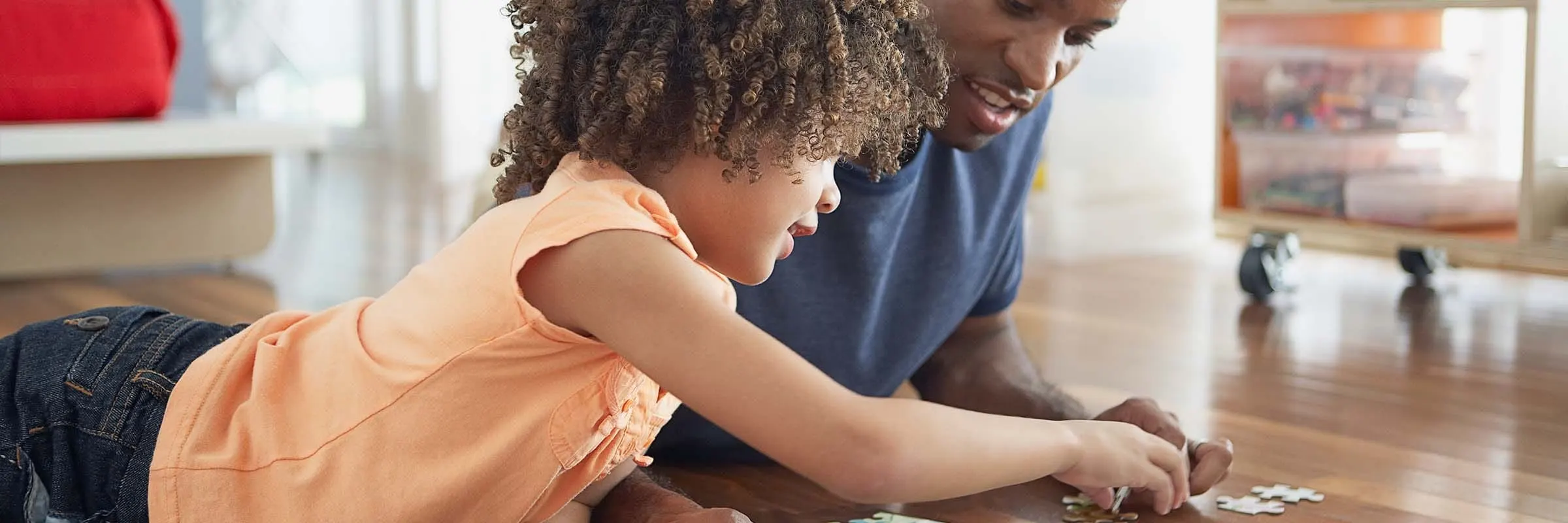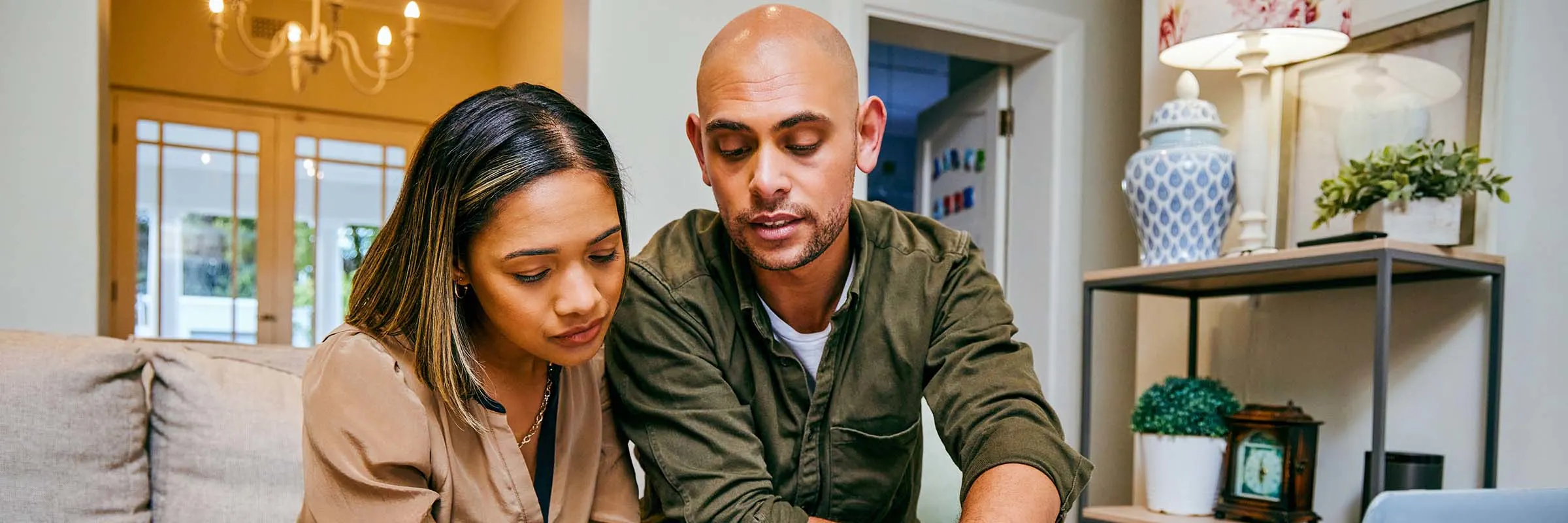When planning your budget for buying a house, you likely already know about the down payment and monthly mortgage payment. But as a future homeowner, these aren’t the only costs you should consider. Having an idea of the true cost of owning a home can help you save more now and prevent sticker shock later.
Costs of owning a home
For a quick overview, start with this list of potential home ownership costs:
One-time costs | Ongoing costs |
|---|---|
Down payment: 3% to 20% of home price | Mortgage payment: Varies |
Appraisal fee: approximately $350 | Property tax: From less than .4% to more than 2% of the property’s value annually |
Inspection fee: $300-400 | Homeowner’s insurance: Varies |
Closing costs: 2% to 5% of the home’s purchased price | Private mortgage insurance: Varies |
Homeowner’s association dues: ~$125/month | |
Maintenance: At least 1% of the property’s value annually | |
Utilities: ~$430/month |
Read more: Keep track of your expenses with Ally Bank’s spending buckets
Initial expenses when buying a home
Many of the major homebuying costs come at the start of the journey. Save up for this moment with an Ally Bank Savings Account, which can help you reach your goals faster.
Keep these expenses in mind when saving:
Down payment
This expense typically ranges from 3% to 20% of the purchase price, depending on the financing option you choose.
Appraisal fee
Many mortgage lenders require a home appraisal to get an estimate of your home’s market value. These typically cost around $350, but vary based on the location, conditions and size of the property.
Inspection fee
Expect to pay about $300-400 for a home inspection to identify potential issues, depending on the size and age of the home.
Closing costs
Closing costs are typically 2% to 5% of the home’s purchase price. Several expenses go into closing, including lender fees.
Re-occurring costs of owning a home
You can plan for some ongoing costs from the moment you sign your mortgage paperwork. With spending buckets in an Ally Bank Spending Account, budgeting for your regular expenses can help you stay organized and on-track.
Mortgage payment
A mortgage spreads the cost of a home over an extended period of time, typically between 15 to 30 years. Monthly payments cover both your principal and accrued interest.
Property tax
Property taxes are based on your home's value and location and vary considerably. Across the country, tax rates range from less than 0.4% to more than 2% of the home’s value.
Homeowner’s insurance
There are two main types of homeowners insurance: dwelling and personal property insurance. Dwelling coverage protects your house, while personal property covers the items inside it. Your insurance costs will depend on how much you purchase. When deciding, consider how much it would cost to rebuild your home, instead of how much it’s worth.
Private mortgage insurance
If you make a down payment of less than 20%, your lender might require you to get private mortgage insurance. Your rates will likely be 0.4% to 1.5% of the original loan amount annually.
Homeowner association dues
If you buy property in a community or building that has an HOA, you could pay on average $125 a month in fees.
Utilities
Don’t forget about all of the recurring homeownership expenses like electricity, water, heat and internet. The average monthly cost for utilities is about $430, but charges will vary depending on your specific conditions and preferences.
Unexpected expenses after buying a house
While you can’t predict every extra expense, your budget might need to include:
Yard care: Whether you’re hiring a regular mower or DIY-ing your garden, keep in mind potential property expenses outside the home.
Pest control: Critter control isn’t just for emergencies — you can also budget for regular visits and maintenance.
Home security: From professional security services to remote-monitored cameras, a security system can help protect what matters most.
Appliances: Upgrading your new kitchen or laundry? Depending on the style, tier and type you need, your costs will vary.
Furniture: Leave room in your budget for new furniture, whether you prefer to splurge at showrooms or deal hunt at thrift stores.
Renovations: If you bought a fixer-upper (or just want that screened-in porch you’ve always been dreaming of), renovations might be coming down the line.
Total cost of homeownership
Buying a home is a big life event — and a big expense. By keeping in mind all the potential costs, you can start saving now so you can focus on the excitement of the moment when it’s time to buy.


